Electricity prices in Ghana are seeing a sharp increase, as energy costs soar, experts are calling for deeper conversations on energy policy and sustainability.
These concerns were at the heart of a recent seminar by the College of Agriculture and Natural Resources hosted by the Brew Hammond Energy Centre where participants explored the economic dimensions of Ghana's energy transition.
The seminar highlighted how Ghana's dependency on thermal energy, which is largely imported and fossil-fuel-based, has contributed to the surge in electricity costs.
Economists and energy experts argue that a shift towards renewable energy could help reduce long-term costs. However, the upfront investment required for renewable infrastructure remains a major barrier.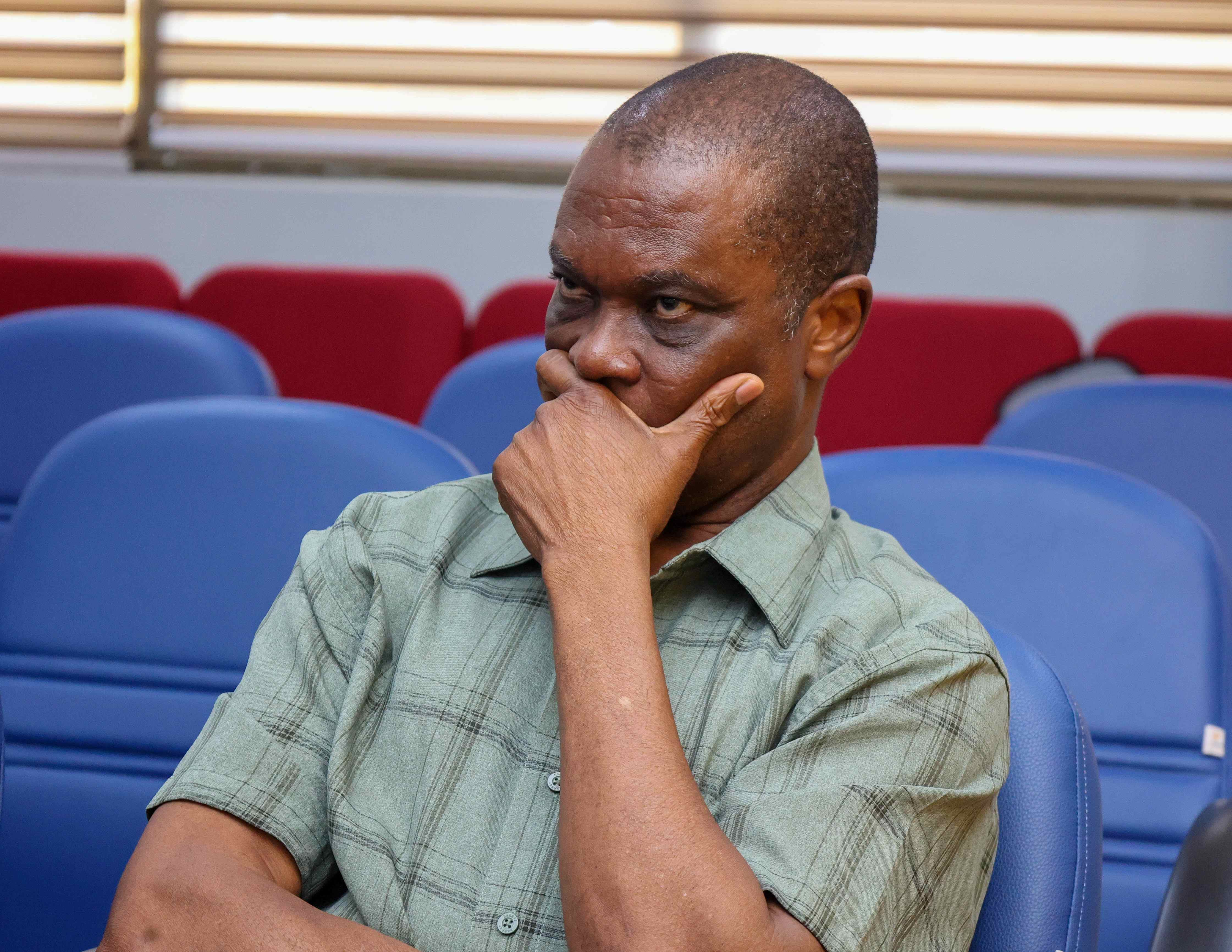 The keynote lecture delivered by Prof. Emmanuel Yiridoe, an agricultural and renewable energy economist from Dalhousie University, Canada shared insights from over a decade of research on the economics of renewable energy in Canada.
The keynote lecture delivered by Prof. Emmanuel Yiridoe, an agricultural and renewable energy economist from Dalhousie University, Canada shared insights from over a decade of research on the economics of renewable energy in Canada.
He stressed the importance of cross-disciplinary collaboration. “Energy is not just an engineering issue. Economists play a vital role in ensuring that energy solutions are not only technically feasible but also economically viable,” he explained.
Drawing comparisons between Ghana and Canada, Prof. Yiridoe noted that although Canada has one of the world’s highest energy consumption rates, it actively addresses its energy challenges through robust policy tools such as carbon taxes and feed-in tariffs. He urged local stakeholders to adopt similar proactive measures, emphasizing the urgency of the situation.
'If Ghana had a real energy crisis like in Canada, you would be doing something about it,' he stated. 'The fact that we’re not investing in energy efficiency or renewables at scale is a sign we’re not yet feeling the full impact.
'Prof. Yiridoe shared insights from his study on Canadian hybrid wind and biomass energy systems in Nova Scotia. “The findings underscored that, without government support, most of the energy projects studied were not economically viable,” he noted. The research revealed that cost-benefit ratios for such projects remained below one, meaning they were not financially attractive unless subsidies or feed-in tariffs were introduced.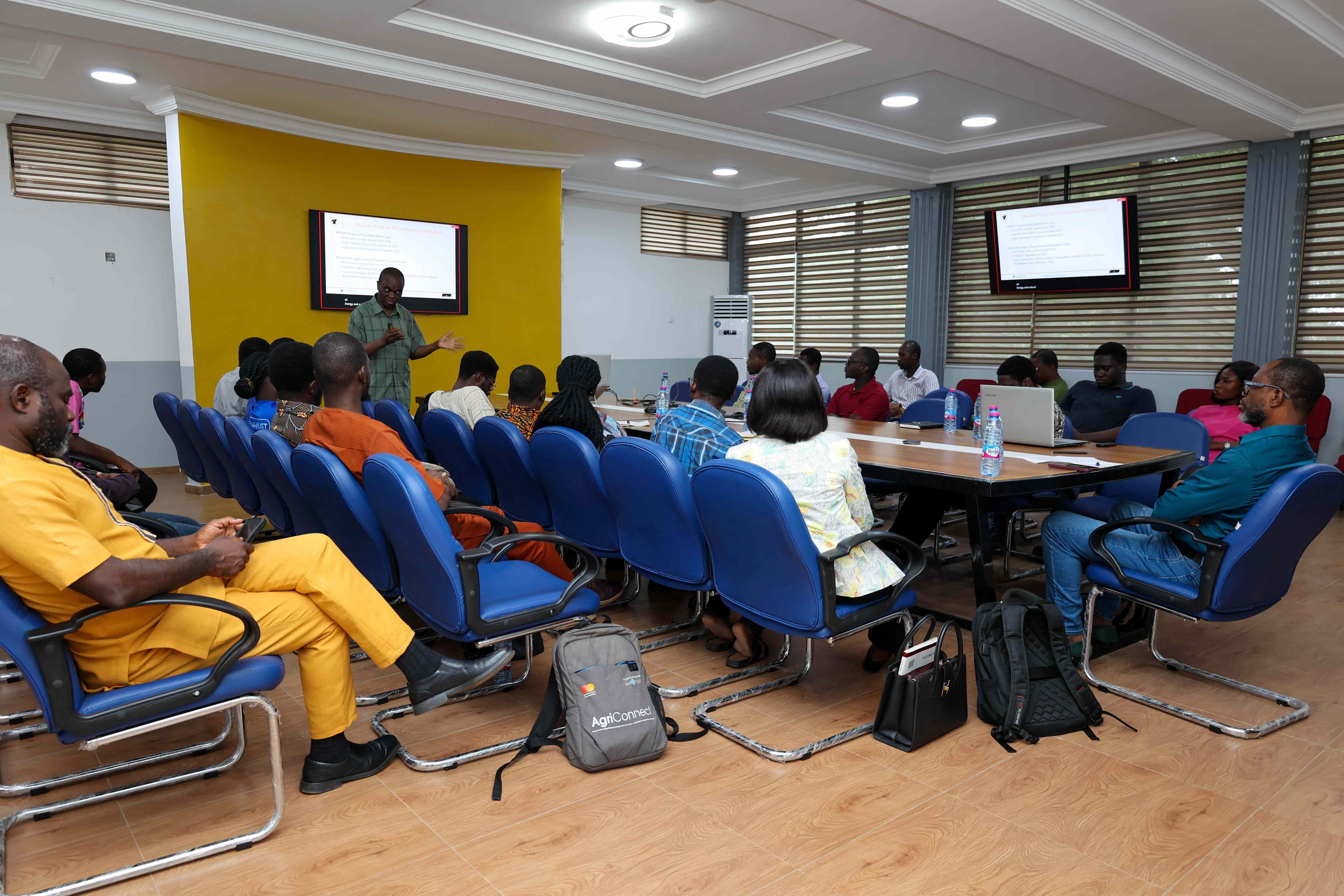
One of the key lessons from Canada’s experience, according to Prof. Yiridoe, is the importance of government incentives. “Without incentives, the private sector won’t adopt clean energy. We’ve found that wind and solar can be viable, but only when supported by sound policy frameworks,” he explained.
He cited the example of community based feed-in tariff programs that guarantee a fixed price for electricity generated from renewables, an approach that has helped de-risk investments and encourage adoption in Canadian provinces.
His visit also included workshops on research ethics and scientific publishing, as well as lectures on environmental economics and the economics of illegal mining (galamsey).
The lecture was attended by key stakeholders, including the Dean of the Faculty of Agriculture, Prof. Fred Nimoh, Dr. Camillus A. Wongnaa, the convener, Dr. John Bosco Dramani of the Brew Hammond Energy Centre and senior members of the University.
The economic lens in Ghana’s energy transition
News
Partnerships
| Published: 15th May 2025
Share
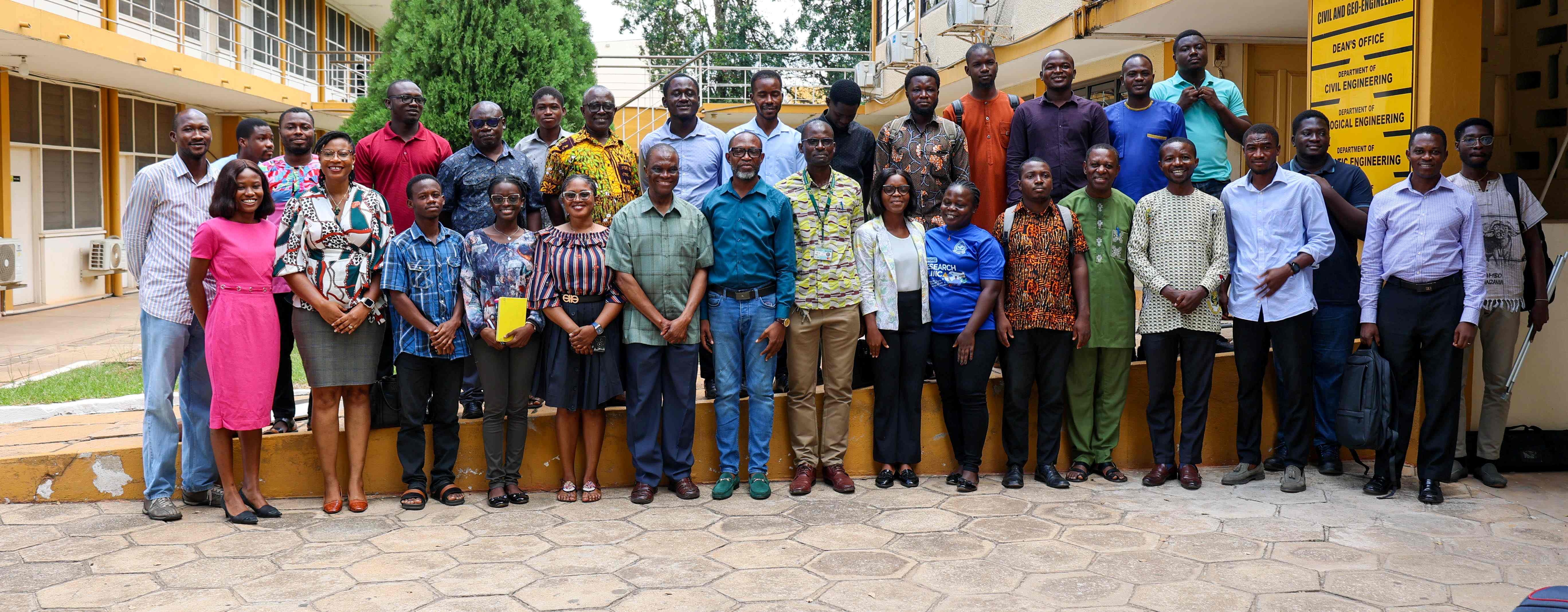

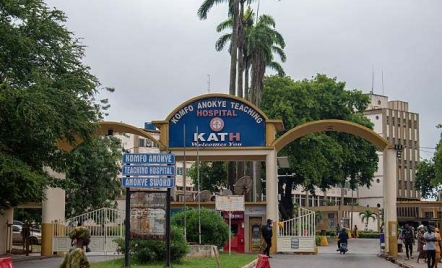
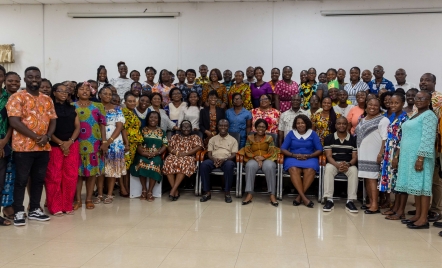

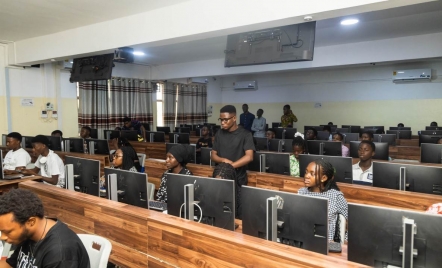
Comments